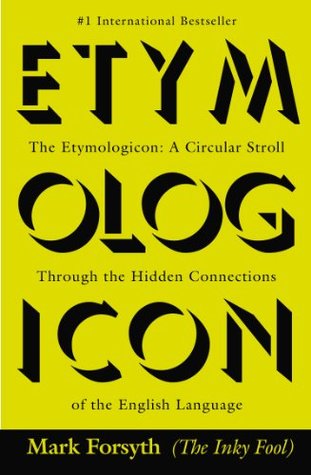More on this book
Community
Kindle Notes & Highlights
by
Mark Forsyth
Read between
July 25 - July 26, 2025
(Argon, the other major gas in air, wasn’t known about at the time, because it’s an inert gas and doesn’t produce anything at all. That’s why it’s called argon. Argon is Greek for lazy.)
Milton adored inventing words. When he couldn’t find the right term he just made one up: impassive, obtrusive, jubilant, loquacious, unconvincing, Satanic, persona, fragrance, beleaguered, sensuous, undesirable, disregard, damp, criticise, irresponsible, lovelorn, exhilarating, sectarian, unaccountable, incidental and cooking.
Curiosity may have killed the cat, but it was a sausage-maker who disposed of the body. In nineteenth-century America, the belief that sausages were usually made out of dog meat was so widespread that they started to be called hot dogs, a word that survives to this day.
Treason doth never prosper: what’s the reason? Why, if it prosper, none dare call it Treason.
In medieval law it was considered quite reasonable to settle a legal dispute by duelling to the death. Though somebody had to die in this system and there was no guarantee of justice, lawyers’ fees were at least kept to a minimum.


